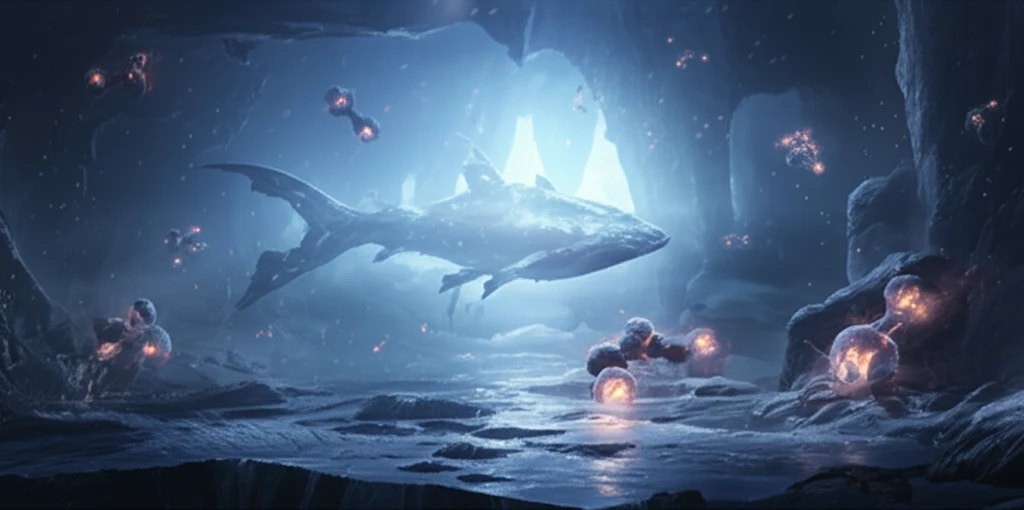
Unlock the Secrets of Vibrio: How Bacteria Adapt to Cold Stress
"Discover the innovative survival mechanisms of Vibrio anguillarum, a key to future live vaccines."
Microorganisms constantly face fluctuating temperatures, requiring sophisticated survival strategies. One remarkable example is Vibrio anguillarum, a bacterium notorious for causing vibriosis in marine fish. While thriving at 25-30°C, it can also endure much colder marine environments—a trait that has puzzled scientists for years.
A new study published in Microbiological Research sheds light on this adaptation, revealing that Vibrio anguillarum relies on a compound called ectoine to protect itself from cold stress. This discovery not only deepens our understanding of bacterial resilience but also holds promise for improving live vaccines used in aquaculture.
Vaccines are a key weapon against vibriosis, and live vaccines are particularly effective. However, the freeze-drying process used to preserve these vaccines often results in significant cell death, reducing their efficacy. Understanding how Vibrio anguillarum survives cold could lead to better preservation techniques, boosting vaccine potency.
Ectoine: A Bacterial Survival Tool

Ectoine is a compatible solute, a type of molecule that helps cells maintain their internal water balance and protect their proteins and DNA under stress. Bacteria either synthesize it or scavenge it from their surroundings. The study found that Vibrio anguillarum can produce ectoine de novo, meaning it has the genetic machinery to create it from scratch.
- Vibrio anguillarum synthesizes ectoine as a response to cold stress.
- Ectoine accumulation is most pronounced in the stationary growth phase.
- Mutants lacking ectoine synthesis or uptake are more susceptible to cold.
- The synthesis of ectoine is repressed by choline, a precursor of glycine betaine.
Implications and Future Directions
These findings provide a clearer picture of how Vibrio anguillarum adapts to cold environments and opens new avenues for improving live vaccines. By understanding and harnessing the ectoine production pathway, scientists may develop strategies to enhance the survival and viability of vaccine cells during freeze-drying, leading to more effective disease prevention in aquaculture.
